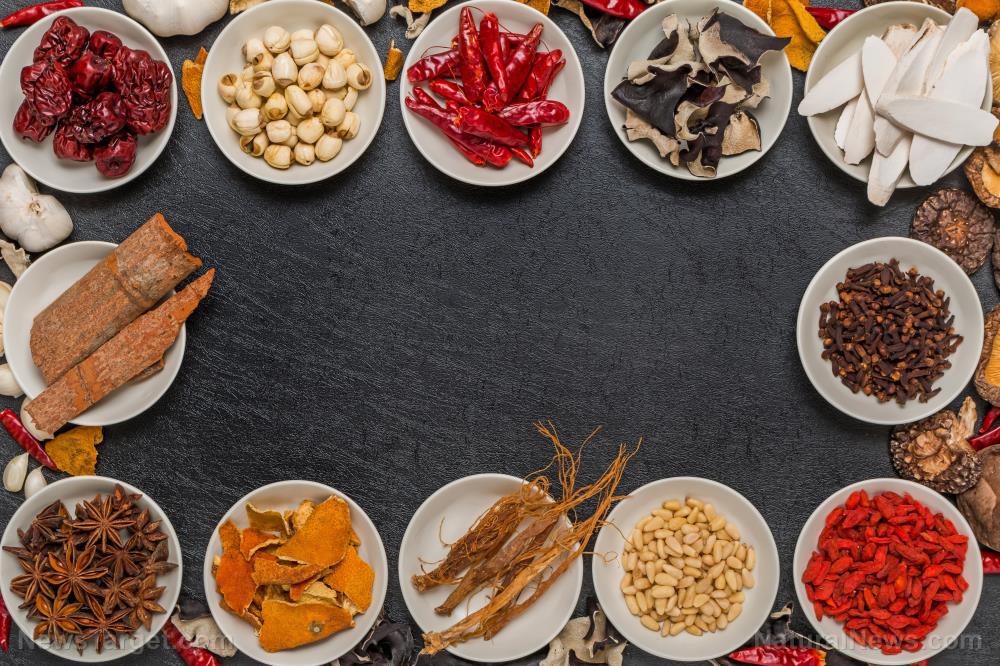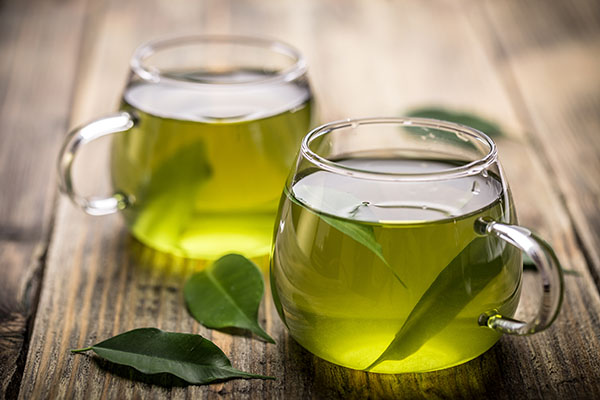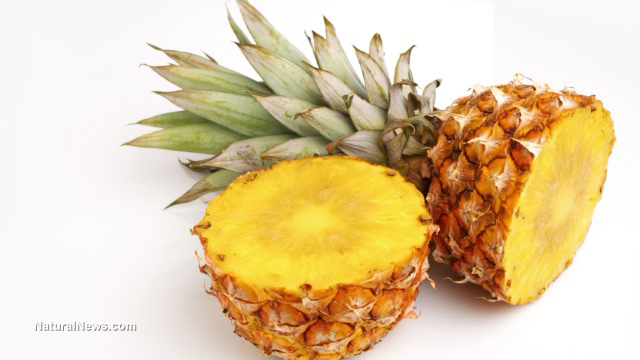The resurgence of herbal remedies: A deep dive into "The Doctors Book of Herbal Home Remedies"
- Millions of Americans are increasingly turning to herbal remedies as a safer and more natural alternative to conventional medicine, with approximately 60 million U.S. adults using herbs for medicinal purposes.
- Modern science is beginning to support the efficacy of herbal remedies, with studies demonstrating the benefits of herbs like echinacea for boosting the immune system and ginkgo biloba for improving cognitive function in Alzheimer's patients.
- Herbal medicine takes a holistic approach, working with the body's natural systems to support and enhance innate healing abilities. Herbs like valerian and skullcap are used for calming the nervous system, while ginger and turmeric offer anti-inflammatory benefits.
- Herbs are used for a wide range of health issues, from minor ailments like colds and flu to chronic conditions such as depression, chronic pain and diabetes. Specific herbs like echinacea, elderberry, saw palmetto and milk thistle are popular for their targeted health benefits.
- While herbs offer many benefits, it is essential to use them safely and responsibly. Consulting with a healthcare professional is advised, especially for those with pre-existing health conditions or those taking prescription medications, to avoid potential interactions and ensure suitability.
In recent years, a quiet revolution has been taking place in the world of healthcare. Millions of people are turning to the age-old wisdom of herbal remedies, seeking safer and more natural alternatives to conventional medicine. At the forefront of this movement is the book "
The Doctors Book of Herbal Home Remedies," a comprehensive guide that has captured the attention of those eager to unlock the secrets of nature's pharmacy.
According to a national survey commissioned by
Prevention magazine, approximately 60 million Americans – roughly one-third of the U.S. adult population – now use herbs for medicinal purposes. This shift is not limited to minor ailments; people are increasingly turning to herbs for a wide range of health issues, from allergies and premenstrual syndrome to more serious conditions like depression and chronic pain.
The reasons for this resurgence are multifaceted. For many, the appeal of herbs lies in their perceived safety compared to pharmaceutical drugs. While "natural" does not always equate to "harmless," many herbs have fewer side effects and offer a gentler approach to healing.
The growing interest in herbal remedies is not merely anecdotal. Modern science is beginning to validate the efficacy of these age-old treatments. For instance, studies on echinacea have shown that it can boost the immune system, making it a popular choice for those seeking to ward off colds and flu. Similarly, research on ginkgo biloba has demonstrated its potential in improving cognitive function in Alzheimer's patients, offering hope to those affected by this debilitating disease.
Unlike conventional medicines that often target specific diseases or symptoms, herbal medicine takes a more holistic approach. Herbs work with the body's natural systems, aiming to support and enhance its innate healing abilities. For example, valerian and skullcap are known for their calming effects on the nervous system, making them effective for anxiety and insomnia. On the other hand, ginger and turmeric, with their powerful anti-inflammatory properties, can alleviate pain and reduce swelling.
For those dealing with aches and pains, bromelain, an enzyme derived from the pineapple plant, can help reduce inflammation and promote healing. Chamomile and kava kava are popular choices for anxiety, offering a natural way to calm the nerves. For colds and flu, echinacea and elderberry are go-to herbs for boosting the immune system and shortening the duration of illness. Cramp bark and black cohosh can provide relief from menstrual cramps, while aloe vera gel is a must-have for minor burns due to its soothing and healing properties.
Herbs can also be valuable additions to your first-aid kit. Calendula tincture or salve can help cleanse and regenerate tissue in cuts and scrapes, while lavender essential oil or a paste made from baking soda and witch hazel can soothe insect bites and stings.
For those with chronic conditions, herbs can offer a natural alternative to conventional treatments. Saw palmetto is often used to treat symptoms of an enlarged prostate, while milk thistle is renowned for its liver-protecting properties. Hawthorn and garlic are excellent herbs for managing high blood pressure, and bitter melon and cinnamon can help regulate blood sugar levels in people with diabetes.
While herbs offer many benefits, it is crucial to use them safely and responsibly. Herbal remedies can interact with medications and may not be suitable for everyone. As the editors of "The Doctors Book of Herbal Home Remedies" advise, "Always consult with a healthcare professional before starting any new herbal regimen, especially if you have a pre-existing health condition or are taking prescription medications."
In conclusion, the resurgence of herbal remedies represents a significant shift in how people approach their health. With a rich history and growing scientific validation, herbs offer a natural and holistic approach to healing. As more people discover the potential of these natural remedies, the world of medicine continues to evolve, embracing the wisdom of the past while looking to the future.
Learn more about
herbal home remedies by watching the video below.
This video is from the
BrightLearn channel on Brighteon.com.
Sources include:
Brighteon.ai
Brighteon.com
 Parler
Parler Gab
Gab










